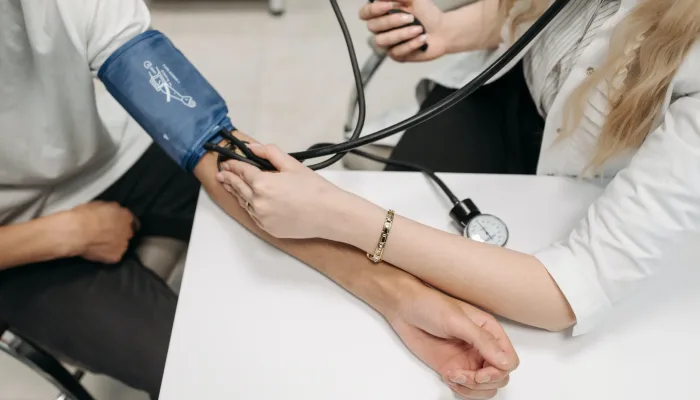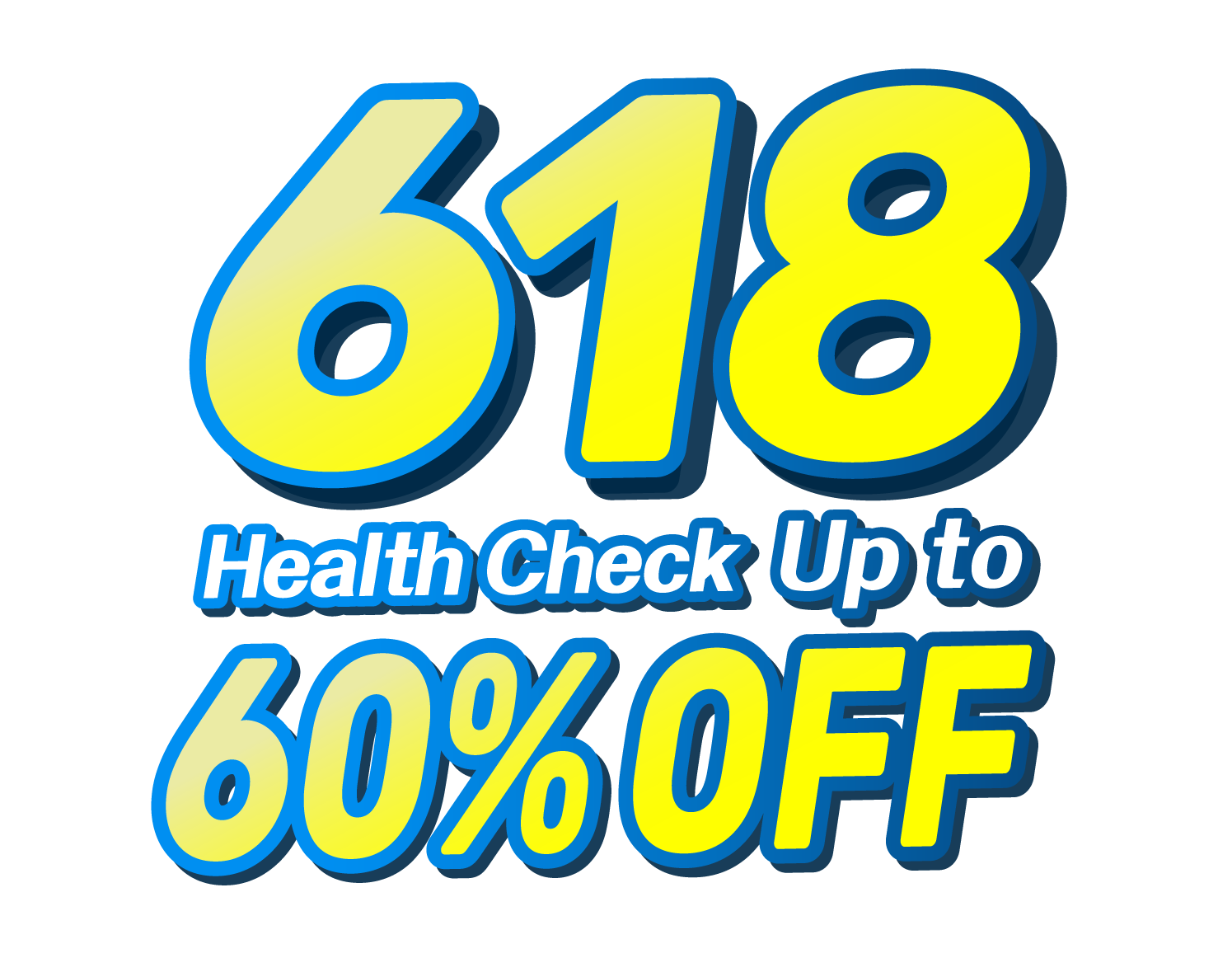- Home
- Heart Attack
Heart Attack
Heart Attack
When a coronary artery (a blood channel that supplies the heart with blood) supplying oxygen-rich blood to the heart is blocked, it causes a heart attack, also known as myocardial infarction or coronary thrombosis. If the blood supply is totally cut off, a portion of the heart muscle may go without oxygen, become damaged and die.

Causes of heart attack
The underlying cause of most heart attacks is atherosclerosis, which occurs when fatty deposits constrict the coronary arteries over time (plaques). These plaques are hypothesized to break, releasing chemicals that cause blood to clot in the coronary artery. Plaque blood clots (thrombus) can fully block a coronary artery, cutting off blood supply to the heart and resulting in a heart attack.
You’re highly prone to a heart attack if you:
- Smoke
- Have high cholesterol
- Have diabetes
- Have high blood pressure (hypertension)
- Have a family history of heart disease
- Lead a sedentary lifestyle
- Are overweight or obese
- Drink alcohol excessively
Symptoms of Heart Attack
You will most likely experience pain or discomfort in the center of your chest if you have a heart attack. This type of central chest discomfort is commonly described as heaviness, tightness, or squeezing, and it can strike unexpectedly, leading you to pass out. The sensation may resemble indigestion.
Other signs and symptoms could include:
- Pain spreading to the jaw, neck, arms, back or stomach
- Sweaty or breathless
- Lightheaded or dizzy
- Feeling sick or vomiting
The signs and symptoms of a heart attack differ from one person to the next. You might not notice any symptoms at all, especially if you’re elderly or have diabetes.
Life-threatening cardiac rhythms can occur during a heart attack, which is why a heart attack is considered to be a medical emergency.
If you suspect that you or someone is having a heart attack, seek emergency medical care right away.
Complications of Heart Attack
Heart attack complications might vary greatly from person to person. Some people have a small number of complications, whereas others have a large number.
You may experience an abnormal heartbeat, known as arrhythmia, in the days following a heart attack. After a heart attack, you may get angina, which is chest pain or discomfort.
A heart attack can harm your heart muscle and weaken your heart’s pumping motion, making it more difficult to circulate enough blood and oxygen throughout your body. Heart failure is the medical term for this condition. Heart failure is more likely if you have a substantial region of your heart muscle injured by a heart attack.
Following a heart attack, it’s normal for people to feel down or depressed. You could be apprehensive about having a second heart attack or about your rehabilitation. If you’re concerned about how you’re feeling, seek help from your doctor.
Blood clots in the lungs, rupture of the heart muscle, infection of the membrane protecting the heart (pericarditis), or a bulging weakness in the heart muscle are all possible issues (aneurysm).
Diagnosis of a heart attack
When you arrive at the hospital, a doctor or nurse will interview you and examine you. In addition, he or she will inquire about your medical history. You may have:
- a physical examination to measure your blood pressure and monitor your heart rate
- blood tests to check for any damage to your heart muscle
- an ECG to check the electrical activity of your heart and helps to diagnose any partial or complete blockages of your coronary arteries
- a coronary angiogram that requires an injection of a special dye into the blood vessels to make them clearly visible on X-ray images
- an echocardiogram that uses ultrasound (sound waves) to show the pumping action of your heart and valves
Treatment of heart attack
Emergency medical treatment is critical; getting to the hospital and receiving specialist care as soon as possible increases your chances of survival. Unless you know you’re allergic to aspirin, eat just one tablet if you have some on hand. Aspirin helps to prevent the clot that is obstructing the artery from spreading by reducing blood clots.
The ambulance service will dispatch a paramedic as soon as feasible in response to an emergency call for a suspected heart attack. Until the paramedics arrive, sit and rest in a position that is most comfortable for you. He or she will administer initial care and take you to a hospital for additional treatment in a timely and safe manner. Oxygen and pain relievers may also be provided to you.
Arrhythmia is an irregular heartbeat that can occur during or after a heart attack. Ventricular fibrillation is the most dangerous type of this. When the heart’s electrical activity becomes chaotic, the heart stops pumping and instead quivers or ‘fibrillates.’ This is known as cardiac arrest, and the paramedic may need to use a defibrillator to restore a regular heartbeat.
Hospital treatment
Your treatment will be determined by the severity of your heart attack. Your doctor will determine the appropriate treatment for you after you arrive at the hospital.
How can a blocked artery’s blood flow be restored?
Blood flow in a blocked artery can be restored in one of two methods.
- Thrombolysis – This is a shot that dissolves a clot in your coronary artery. If the clot is removed, your chances of fully recovering from your heart attack are substantially improved. Thrombolytic drugs, on the other hand, can increase your risk of bleeding and stroke, so you may not be given them if you’re at a heightened risk, such as if you’ve recently had surgery.
- Coronary angioplasty – This can be done as a last-minute procedure (also known as a primary angioplasty) or as a scheduled surgery. By inflating a balloon in your restricted or obstructed coronary artery, a coronary angioplasty seeks to enlarge it. To keep the coronary artery open, a wire mesh tube called a stent is frequently implanted.
When a coronary angioplasty isn’t possible, such as when the blockages in your arteries are too long or difficult to reach, a coronary artery bypass graft (CABG) may be recommended instead. CABG is a procedure that uses a blood vessel from your chest, leg, or arm to bypass a constricted segment of your coronary artery. This causes the blood flow to be diverted around the narrowed or blocked coronary artery.
Prevention of heart attack
Adopting a healthy lifestyle can lower your chances of having a heart attack. This includes:
- Not smoking
- Shedding extra pounds
- Doing 30 minutes of physical activity at least five days a week
- Eating a low-fat, high-fibre diet that includes five servings of fruits and vegetables each day and two servings of fish (one oily) every week
- Men should not consume more than four units of alcohol per day, while women should not consume three units per day.
Even if you’ve had a heart attack before, taking these steps can help you avoid having another one.

